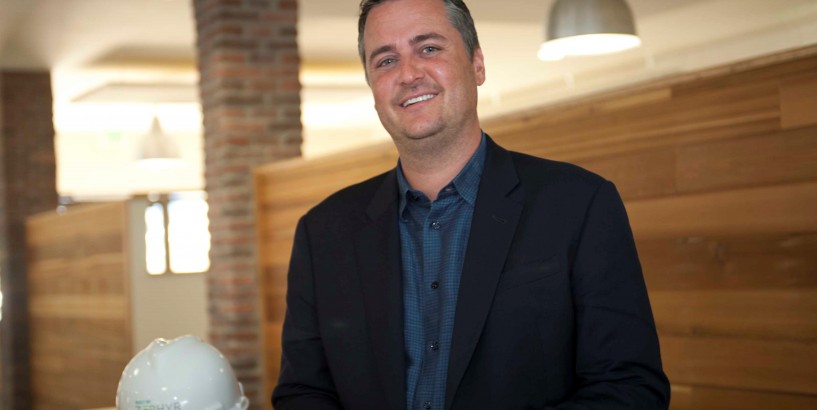Mayor Byron W. Brown’s announcement on Feb. 15 that Buffalo police officers will stop enforcing low-level offenses for possessing pot is a good decision – there are more pressing concerns for police officers. It’s also a portent of the warming political climate where marijuana is concerned.
Legalization of recreational pot looks all but inevitable in New York State. Gov. Andrew M. Cuomo included an Office of Cannabis Management in his budget proposal. Legalization could also come about through separate legislation sponsored by Assembly Majority Leader Crystal Peoples-Stokes, D-Buffalo.
The mayor also announced a community benefits agreement with Flora-California Prime, the company headed by Buffalo native Brad Termini that seeks to build a 47-acre facility for growing and processing cannabis in South Buffalo. We have already endorsed, with some reservations, the legalization of marijuana in New York. When that happens, likely this year, Western New York would be foolish not to welcome the economic benefits that Flora would bring to Buffalo.
What kind of benefits? The company estimates it would employ from 500 to 1,000 people here. The plans include relocating Flora’s corporate offices to Buffalo, partnering with SUNY Erie Community College on a job training program and the community agreement with the city in which the company would provide resources promoting jobs in neighborhoods most affected by pot arrests, among other initiatives.
The company plans to invest more than $200 million in private funds in the project and says it would seek no special subsidies from the state or city beyond a property-tax break via the Buffalo Brownfields Redevelopment Fund. The former Union Ship Canal brownfield area was purchased from the Buffalo Urban Development Corp. for $1.9 million.
Flora’s facility would cultivate as much as 1 million square feet of cannabis. Company officials talk mainly about the medicinal and therapeutic benefits that would come from their products, but make no mistake, adult-use marijuana is the cash crop that drives Flora’s profits.
Termini, the son of Buffalo developer Rocco Termini, points out that nine publicly traded cannabis companies in southern Ontario, none of which existed four years ago, are worth more than $1 billion each. That money didn’t come from just beauty balms.
Still, products made with marijuana compounds are used to treat muscle and joint discomfort, anxiety, insomnia and other ailments. Medical marijuana is prescribed primarily to treat pain and Termini says Flora will have a partnership with Roswell Park Comprehensive Cancer Center creating cannabis strains to treat symptoms from chemotherapy drugs.
With their land purchased, Termini and Flora’s CEO, Jim Caccavo, are smart to put things in motion for their South Buffalo cannabis campus. If recreational marijuana is legalized this year, they plan to start construction in early 2020 and be operational later that year.
There will be competition in the state. A Canadian company, Canopy Growth, is a marijuana and hemp producer that announced in January it is investing more than $100 million in an industrial hemp facility near Binghamton. After legalization we can expect other companies to pop up like dandelions.
Buffalo needs more good-paying jobs. Flora-California Prime can provide them, and the company is not asking much of the city or county. Let’s not stand in their way.









